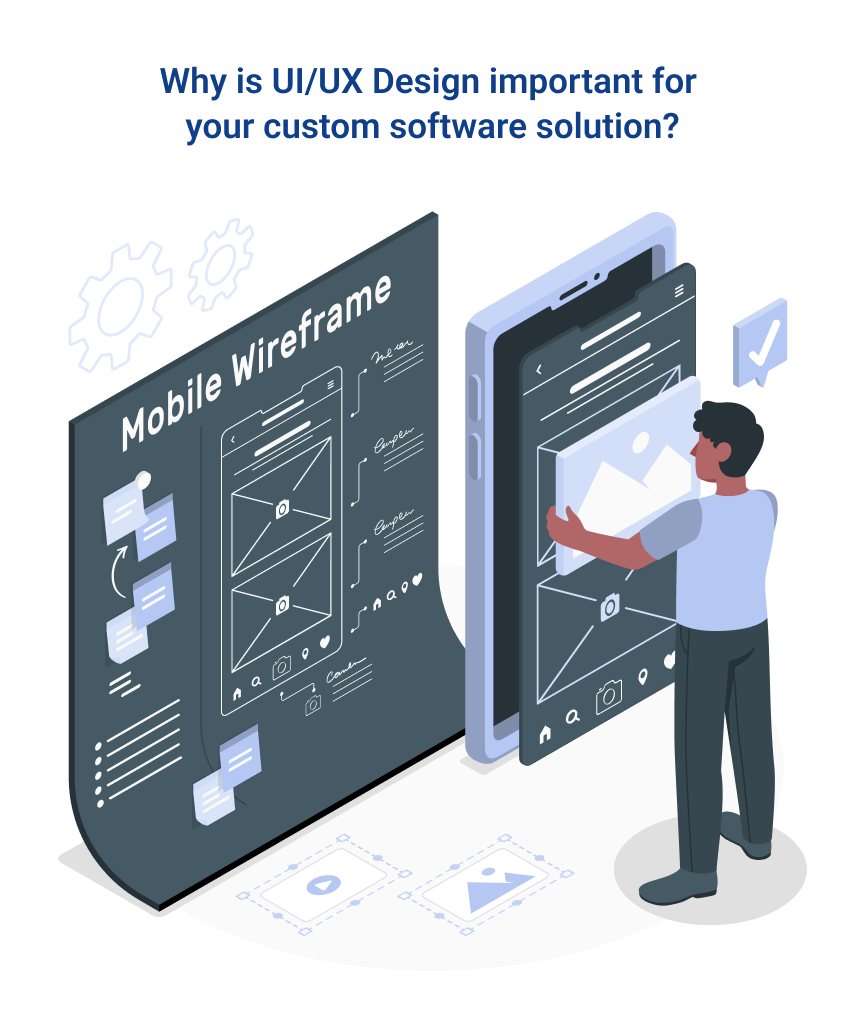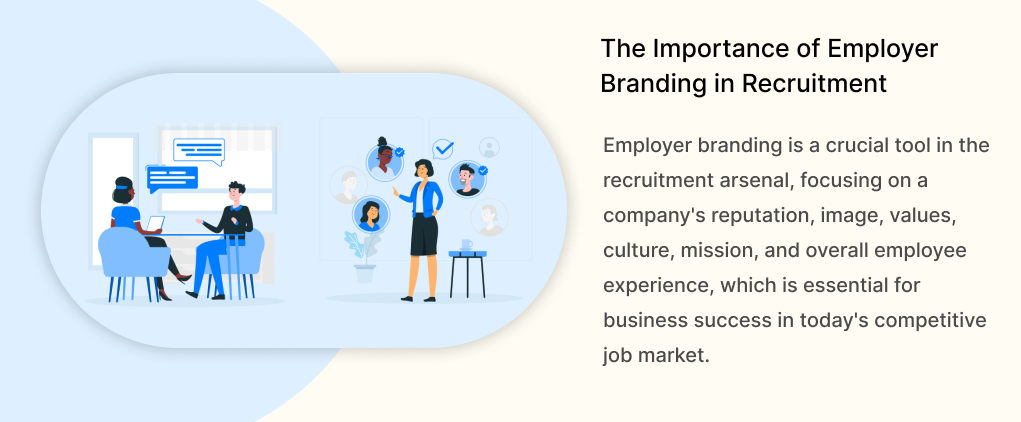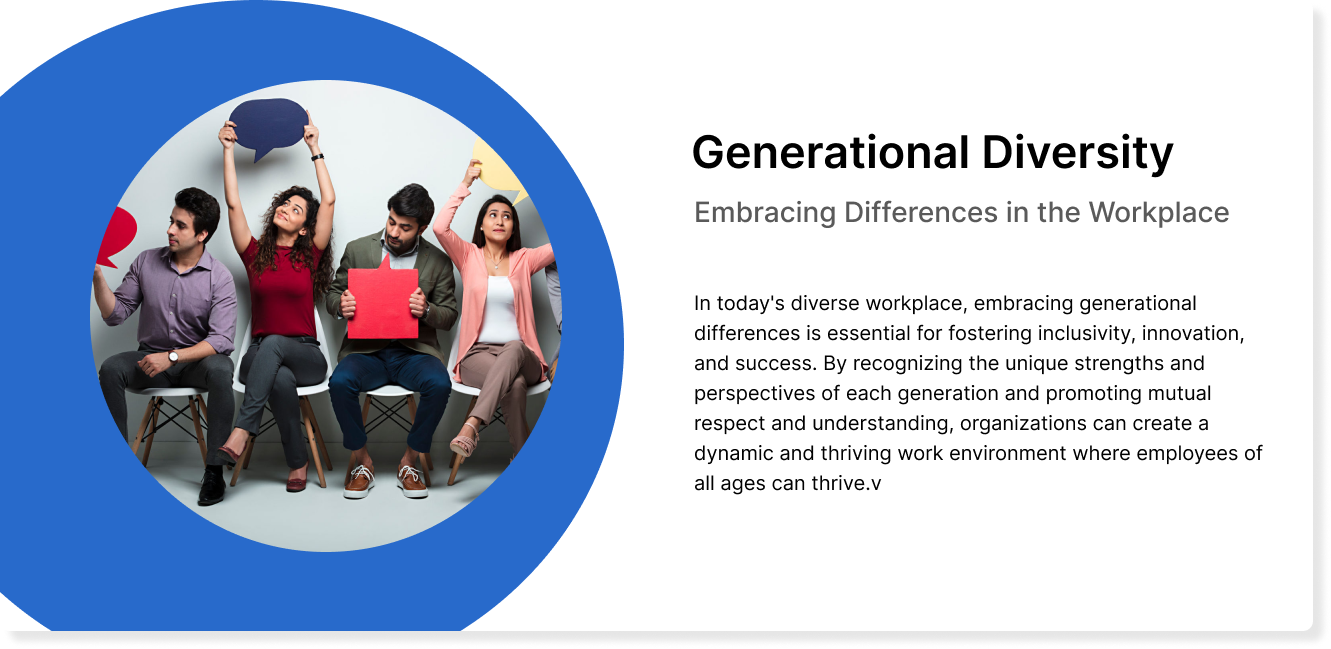
-
-
0
-
334
Why is UI/UX Design important for your custom software solution?
The technological advancements experienced in the past few years made users want to test the
best technologies within the shortest possible time. The same phenomenon applies to the
business sector as well: the quicker and more efficient the site or the applications implemented
in a company, the more successful outcomes will the organization obtain. And when it comes to
custom software development, user satisfaction is highly important, so specialists turn their
attention to UI/UX technologies that can create a great combination of visual attractiveness
and functionality. For companies, this combination could bring many advantages, such as
increased revenues and customer retention rate.
Before diving into more benefits of the proper use of UI/UX technologies when developing web-
based applications, it is best to decode the meaning of concepts, find out how those two work
and what elements should be considered in order to increase the general outcome.
Information architecture (IA)-
this stage is highly important because it means satisfying
business requirements by structuring the solution’s information. If we are speaking about a web
app, the primary role of information architecture is to provide users with easy navigation,
regardless of the browser they are using. It is about using the best-suited combination to
provide a top-level navigation menu.
1. What is UI/UX Development?
UX is the short form of User Experience, which refers to a series of procedures that aim to improve the overall experience of users when they interact with software solutions and websites. UX can make any app stand out and creates the basic skeleton of customers’ interactions with the application. The focus here is to structure all components and adapt them appropriately to create a user flow. UI, which stands for User Interface, is the process of improving the overall presentation of apps and websites and their interactivity. The way an app or website looks is an essential factor in increasing users’ satisfaction. Each graphical element that we can see has this purpose and when it comes to developing a custom software solution, the client is the user and each detail should answer their needs.2. Primary components of UI/UX Design
When implementing a new UI/UX design to improve applications and websites, companies must consider five essential elements that will make it all worth it:- Interaction Design – it refers to creating a conceptual design for users’ interaction with the product. In this category, we can include variables such as colors, fonts, icons, sounds, graphics and other elements that can create an aesthetic display of information.
- Usability or user-friendliness – this component has the purpose to identify if users really get the information they want when visiting a website or using an application. Besides that, it also aims to comprehend various ways to handle the errors.
- Wireframing – when creating a website or a software solution, especially a custom one, testing it before the launch is essential. During the wireframing stage, you can run a testing process by creating a sample of the application to check the look, usability and other features. It is an effective way to evaluate if the app or website serves its purpose.
- Visual design – creating the visual design for a custom-made application dedicated to a company in particular means defining the organization’s brand. The overall visual design can affect users’ behavior and that is why it is one of the most important components of UI/UX. Of course, that images and other graphical elements are very relevant to this end, but their main role is identifying how the general appearance can impact users’ activity. Most companies are aware that these are the primary components to consider for excellent user experience. When it comes to implementing these elements in the development of a software application or website, the best technologies to use are AngularJS and ReactJS. They are creating a sturdy and stable framework that helps in connecting the UI/UX development to the server.
- Users’ adaptability: the easier it is for users to understand an app, the better the results of the company, in terms of achieving goals.
- Brand awareness: by UI/UX design, companies can consolidate a brand name on the market and among its employees, which will also help them move forward in the fast-paced digital world.
- Increase the user satisfaction: an optimized design will be reflected in users’ behavior; Sustainable growth: businesses can boost their future growth with the right UI/UX in place, without expanding their budgets.
- Investing in web design is a long-term business strategy and it is critical not only to users but also to customers’ satisfaction, loyalty and market differentiation. As a company, showing that you pay attention to these details and you keep up with the latest trends, will determine individuals to interact more with the products you offer. Dealing with people’s different preferences and expectations is an excellent starting point for growing a business.
3. Why is UI/UX design important?
According to specialized studies, the rejection or the selection of an app is 94% related to the way its interface looks. At this point, we understand why UI/UX is a crucial factor in determining the success of a website, and the same goes for software solutions. And as online transactions and personalized business applications have gained more popularity in the past few years, offering the best user experience seems to be critical. An app that runs smoothly supports organizations so that they can successfully implement their sales initiatives. Since many options are available for website and app optimizations, any user would rather operate on a platform that has a good appearance and is easy to interact with. Nowadays, software products are no longer popular only because of their functionalities, but also for their ease of use and appearance. This means that web designers and developers need to make sure the app they are working on has a user-friendly interface, above everything else.4. What impact does UI/UX have on Business?
For efficient results when using a custom software solution, any business, regardless of the industry, should focus on obtaining a user-friendly platform, as it will provide an enhanced user experience. For example, if a website is too complex and challenging, there is a risk of pushing away online traffic. The same happens with software tools: if they are too complicated to understand, users will need specialized IT support for training and maintenance, and this is something few companies can afford.Here is a list of the most significant aspects that will impact businesses that use UI/UX design:


